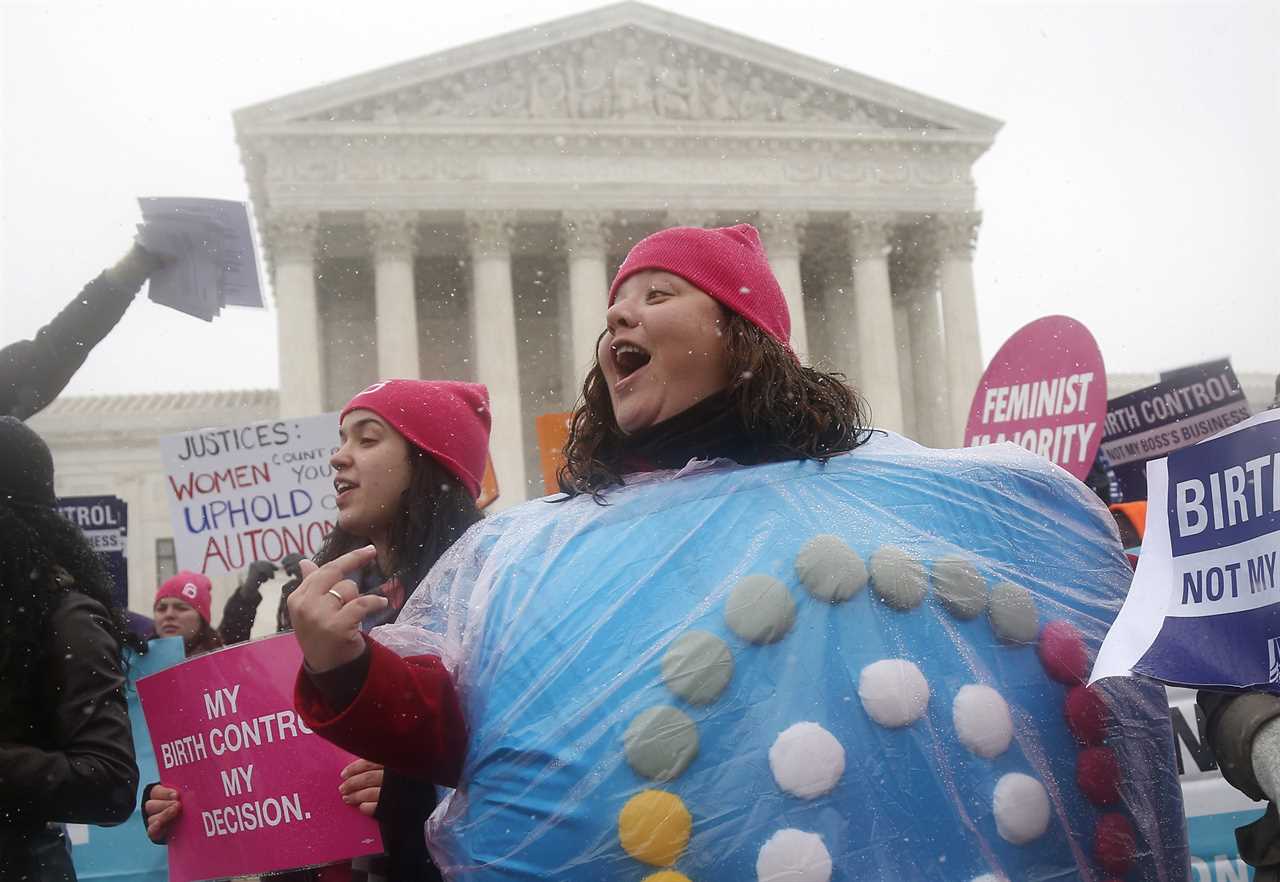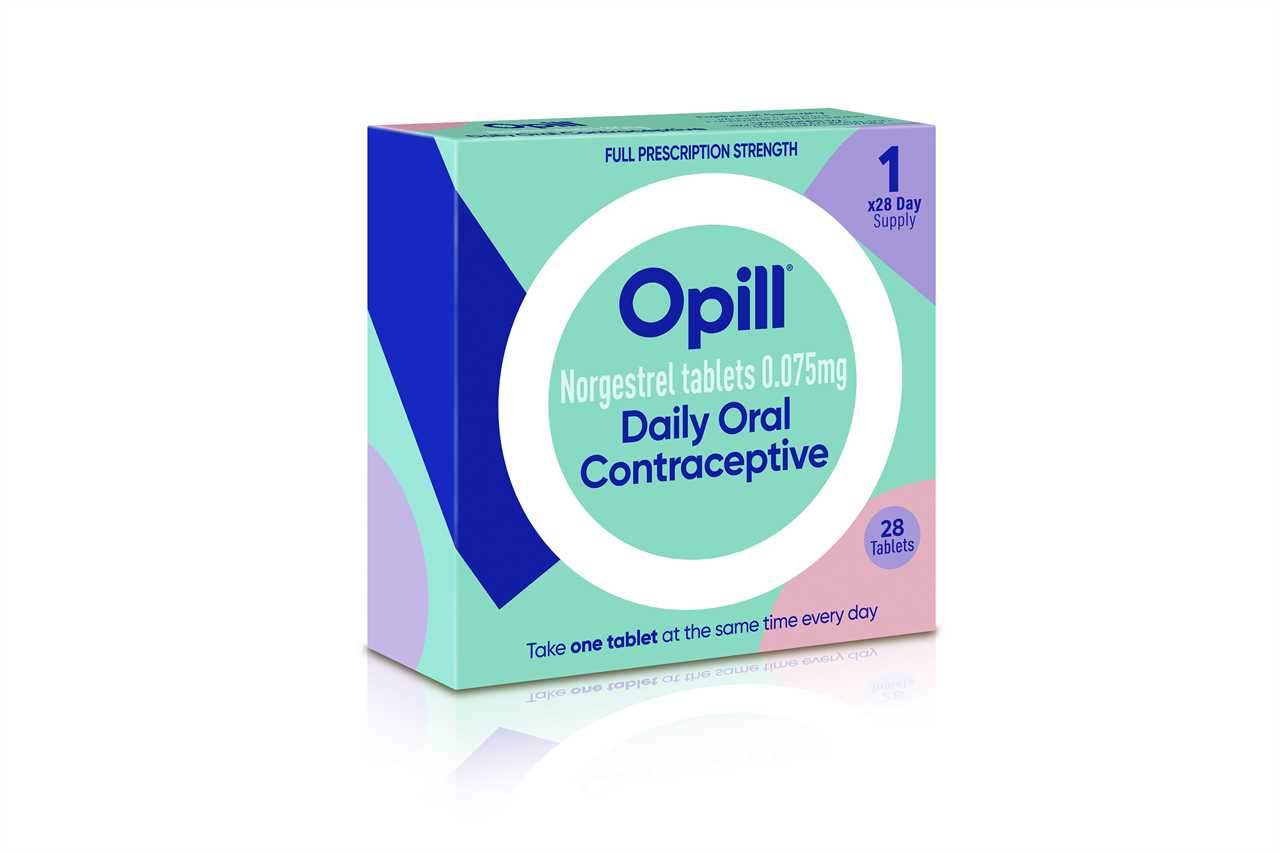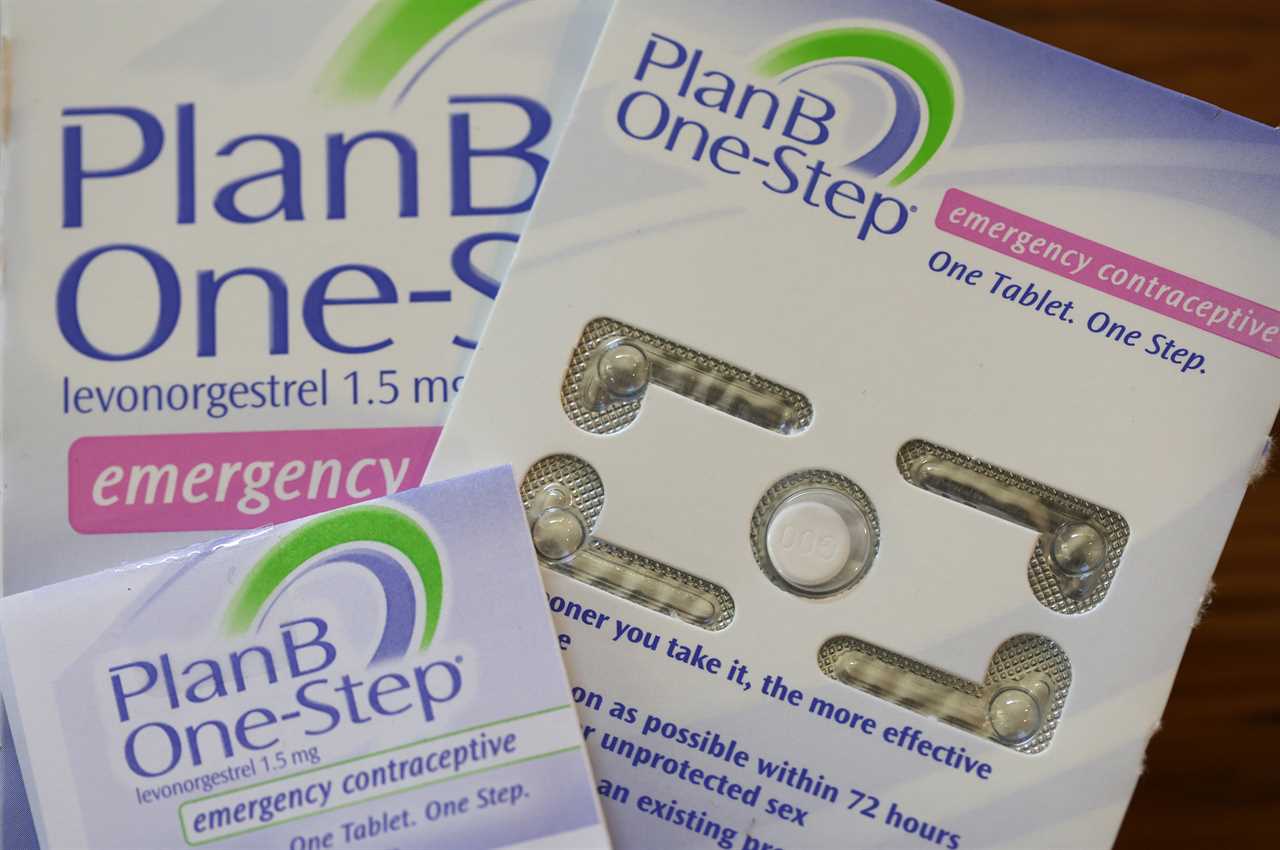
The Biden administration has long vowed to “follow the science” on drug approvals. But it has also pledged to aggressively defend reproductive rights.
Those two promises could clash this week as two FDA panels of expert advisers vote whether to recommend the agency approve the country’s first non-prescription birth control pill.
FDA career scientists have raised red flags about the drug’s safety and efficacy, even as the agency and the White House are under pressure to expand contraceptive options in a highly charged political environment around access to abortion, which has dramatically shrunk since the Supreme Court overturned Roe v. Wade last year.
“I’m very aware [that] in this exact moment in time … we have just spent months … screaming ‘the FDA is a scientific authority,’ over and over and over again,” said Greer Donley, an associate professor at the University of Pittsburgh law school who favors increased abortion access. “It makes it harder for us to criticize [the FDA] when we think there are legitimate flaws with their decision.”
The agency’s independent advisers met Tuesday and will meet Wednesday to review data from the pill’s maker to decide whether to recommend the FDA approve the drug, Opill, for over-the-counter sale. FDA approval would be a major step forward for the decadeslong campaign to have the U.S. join dozens of other countries where hormonal contraceptives are available without a prescription. A decision is expected sometime this summer.
HRA Pharma, the pill’s maker — backed by many health care providers and abortion-rights supporters — argue it’s especially incumbent upon the Biden administration to grant approval given the swift erosion of abortion access after the fall of Roe v. Wade last summer and the pressing need to help patients avoid unwanted pregnancies.

However, inbriefing documents for the two-day meeting made public Friday, FDA staff warned that consumers may not be able to understand and follow the pill’s instructions, which include taking it at the same time every day, potentially lowering its effectiveness. The FDA also raised concerns about the pill’s manufacturer relying on 50-year-old data from when the pill was approved for prescription use in 1973.
Groups pushing the Biden administration to approve Opill, including Ibis Reproductive Health and the American College of Obstetricians and Gynecologists, told reporters Monday the FDA’s analysis is “surprising” and “disappointing,” and “absolutely did not reflect what we know about the strong body of evidence on safety and effectiveness” of the pill. The groups voiced confidence that the agency’s questions and concerns would be put to rest after this week’s advisory committees’ deliberations.
But other experts say the Biden administration and the FDA face a difficult decision — and they’re likely to be excoriated and accused of political interference whether the pill is approved over the objections of FDA staff or rejected.
“We’re caught between a rock and a hard place,” said Donley.
The FDA and the White House did not respond to requests for comment.
Political pressure is also coming from anti-abortion and religious groups, including the Catholic Medical Association, the National Association of Catholic Nurses and the American Association of Pro-Life Obstetricians and Gynecologists. They are demanding the FDA block OTC approval of Opill.
Kristan Hawkins, president of the advocacy group Students for Life Action, said she fears dropping restrictions on birth control pills will lead to an increase in unprotected sex, adding that she is “offended” the FDA is considering the pill’s over-the-counter approval given the country’s current record rate of sexually transmitted infections.
Similar predictions of increased promiscuity were made when Plan B, the so-called “morning after” pill, was up for over-the-counter approval and, a decade after it was approved for non-prescription sale, they have yet to come true, said Carolyn Sufrin, an associate professor of gynecology and obstetrics at Johns Hopkins University School of Medicine.
The FDA’s advisory committee meeting Tuesday focused on how trial data from HRA Pharma could translate into real-world use among U.S. consumers. In its application to the FDA, HRA Pharma submitted results of a recent study on how well consumers could use Opill without help from a health care provider. They asked more than 1,700 participants to decide whether the pill was appropriate for them and then followed nearly 900 participants, who electronically recorded daily whether they took the pill.

HRA Pharma concluded its study showed that the general population, including adolescents and people with limited health literacy, could correctly take the pill.
But FDA scientists raised significant questions about the data in general. They noted that the company didn’t submit the study protocol to the agency ahead of time and also flagged that a “substantial portion” of study participants said they took more pills than they had received — casting doubt on the new study’s rigor. The scientists also questioned whether the company’s submission of data used to approve Opill for prescription use would still apply today, when a dramatic rise in obesity over recent decades is a much bigger health issue than it was in the early 1970s.
Advocates in favor of a non-prescription birth control pill held a demonstration outside the White House on Monday, featuring testimony from medical experts and teenagers who have encountered barriers to birth control access, as well as an obstacle course to symbolize what patients currently have to go through to get a prescription. Rally organizers argued that researchers have had decades to evaluate the safety and efficacy of the pills and have not issued concerns before, emphasizing that the public health benefits of avoiding unwanted pregnancies outweigh the risks.
“More than 50 years of research and science speaks for itself on the safety and efficacy of birth control pills,” said Angela Maske, manager of Free the Pill Youth Council. “The data show that people are able to self-screen for contraindications and use the medication appropriately whether or not they’re under the supervision of a physician.”
Many advocates fear that no matter how robust the data presented to the FDA or how much the Biden administration pledges to “follow the science” in its decision, decades of social discomfort and heated battles around the idea of sexually active young people will play a role in whether non-prescription Opill is approved.
“When it comes to people being able to control their own reproductive destinies and desires, there always seems to be a lot more government involvement and control of what they can and cannot have easy access to,” said Sufrin. “There tends to be much easier access to less politically charged medications. Something as common as ibuprofen carries much higher risks of complications and high-risk events than the drug up for consideration for over-the-counter status.”
Previous clashes between science and politics when it comes to birth control access loom large over this debate — particularly the yearslong regulatory and legal battle to get over-the-counter approval for Plan B emergency contraception that Mara Gandal-Powers, director of birth control access and a senior counsel at the National Women’s Law Center, sees as a cautionary tale.
“It became clear through litigation that it was an act of political interference,” Gandal-Powers said. “There was no science backing the age restriction. It was just based on the ideological belief that young people should not have easy access to contraception.”
Given Plan B’s approval history and the current political tug-of-war over reproductive rights access, lawsuits and citizen petitions are possible no matter what decision the FDA makes.
At day’s end, “we can’t pretend that this is happening in a vacuum outside of politics,” said Donley. “All of these decisions are also political.”
----------------------------------------
By: Alice Miranda Ollstein and Katherine Ellen Foley
Title: ‘Caught between a rock and a hard place’: FDA considers over-the-counter birth control
Sourced From: www.politico.com/news/2023/05/10/fda-considers-over-the-counter-birth-control-00096057
Published Date: Wed, 10 May 2023 03:30:00 EST






